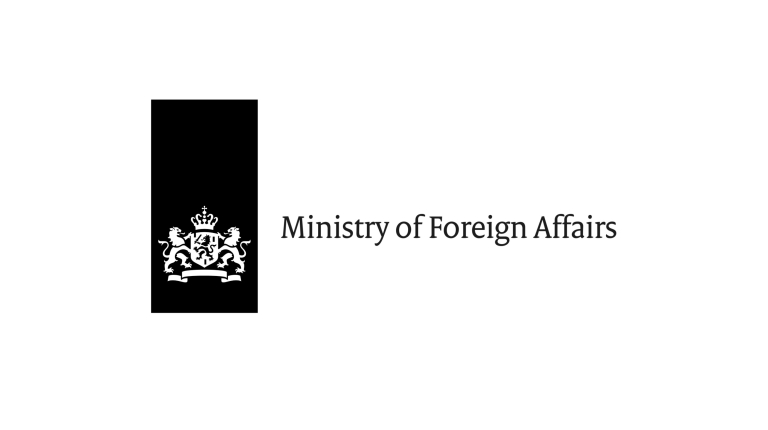Implementation of climate-smart agricultural waste management system by recycling waste into co-composted biochar for climate-smart agriculture
Long description
Organic waste constitutes up to 80 % of the total domestic waste in Ghana, particularly, in the rural areas (Pradhan et al., 2013). Currently, domestic waste is either left uncollected for a long time, burnt openly or is buried in landfills. Either way, bio-waste poses serious environmental challenges as sources of large amounts of greenhouse gas emissions and the leachates contaminate surface and ground water. In addition, most farmers use chemical fertilizers but its negatively impacts the environment. Continuous application of inorganic fertilizers also contributes to global warning. Co-composted biochar is a carbon-rich material that can be used to sequester carbon in soils. This helps mitigate climate change by removing carbon dioxide from the atmosphere and storing it in a stable form in the soil. Therefore, co-composting biochar will reduce greenhouse gases released through open burning and inorganic fertilizer application and promote climate-smart resilient agriculture.








Please login or create a profile to view comments